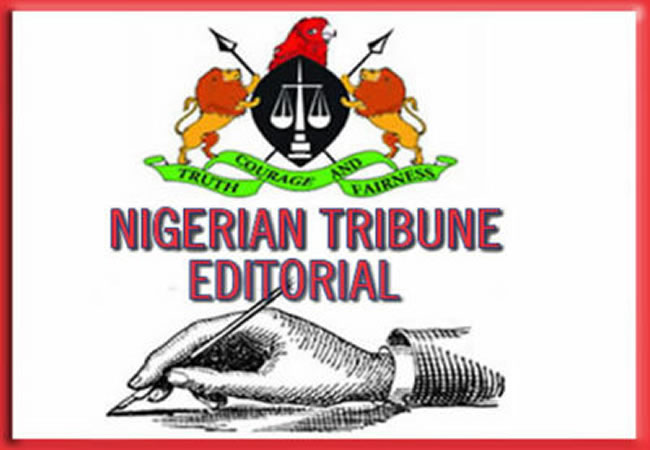LAST week, as part of the ongoing moves to amend the 1999 Constitution, 60 members of Nigeria’s Green Chamber, the House of Representatives, canvassed a transition from the presidential to parliamentary system of government. The lawmakers, who were led by the member representing Lagos State under the All Progressives Congress (APC), Wale Raji, based their advocacy on the need to reduce the cost of governance and facilitate robust policy debates. The bill seeking to introduce the parliamentary system of government to the country passed the first reading at the House of Representatives. Briefing journalists after plenary, the lawmakers contended that the imperfections of the presidential system of government had “become glaring” to all. According to Abdulsamad Dasuki, a Peoples Democratic Party (PDP) member from Sokoto who spoke on behalf of his colleagues, the presidential system had denied the country the opportunity to attain its full potential.
Every now and then, the National Assembly expends humongous sums of money undertaking the so-called constitution amendment exercises that merely scratch the surface of real change. Of course, some of the amendments have been quite good but the usual story is that of missed opportunities. The proponents of the parliamentary system of government as the antidote to the woes that betide the country have gained some traction in the polity. They have a number of strong points based on empirical evidence in the trajectory of the country. They point to the disciplined political culture of the First Republic which resulted in responsive leadership, good governance and value addition to the lives of citizens. They also cite many of the monuments that adorned the then-four regions that are still subsisting today. For valid reasons, the 1963 Constitution is considered by many to be the best option for the country as it reflects the peculiarities of the constituent units of the country.
However, the problem with Nigeria is not about the system of government but about the operators and the structures in place. The proponents of an alternative system of government are well aware of the fact that prior to Independence in 1960 and until the military struck on January 15, 1966, Nigeria had the parliamentary system of government but this was cut short by military rule and the presidential system of government was later introduced with the 1979 elections. The current 1999 Constitution was hastily cobbled together by the military as it sought to hand over power on May 29, 1999. In crafting the document, the military never consulted with Nigerians and quite unfortunately, the ruling elite has not mastered the will to give Nigerians a truly pro-people constitution. That is why the clamour for restructuring of the country has been persistent over the years. The frenetic call for the adoption of the Republican constitution is really all about restructuring.
As far as Nigerian rulers are concerned, the issue with Nigeria at every point is always about changing structures as if structures run themselves and are not dependent mainly on the acts and interpretations of those in charge of bringing them to life. Nigerians are dying of hunger and insecurity every day because of the hopeless way their country has been governed by mostly irresponsible leaders, and just how can the response to this be not to pledge to change the bad ways of those in government, but to pretend that the solution lies in changing from the presidential system to the parliamentary system, as if both these systems are not working elsewhere with good operators?
If the presidential system works well in some other climes because of the good work of the operators there and the system is not working in Nigeria mainly because of its bad operators, what good would come from changing to a new system without changing the mindset of the operators? We expect the legislators floating the idea of a change to the parliamentary system to first embark on soul-searching among themselves and their colleagues and others in government at all levels and ask themselves critical questions about what they have done to contribute to the persisting decline in the land. Leaders are expected to provide the vision and examples that the followers can rely upon to create a worthwhile society and the regret here is that the country has had the misfortune of being saddled with leaders who lack the right vision and cannot provide leadership.
While structures could be important in some respects in helping to provide good governance, the key issue has to be the quality of human operators and this is the critical need that must be addressed in Nigeria.
